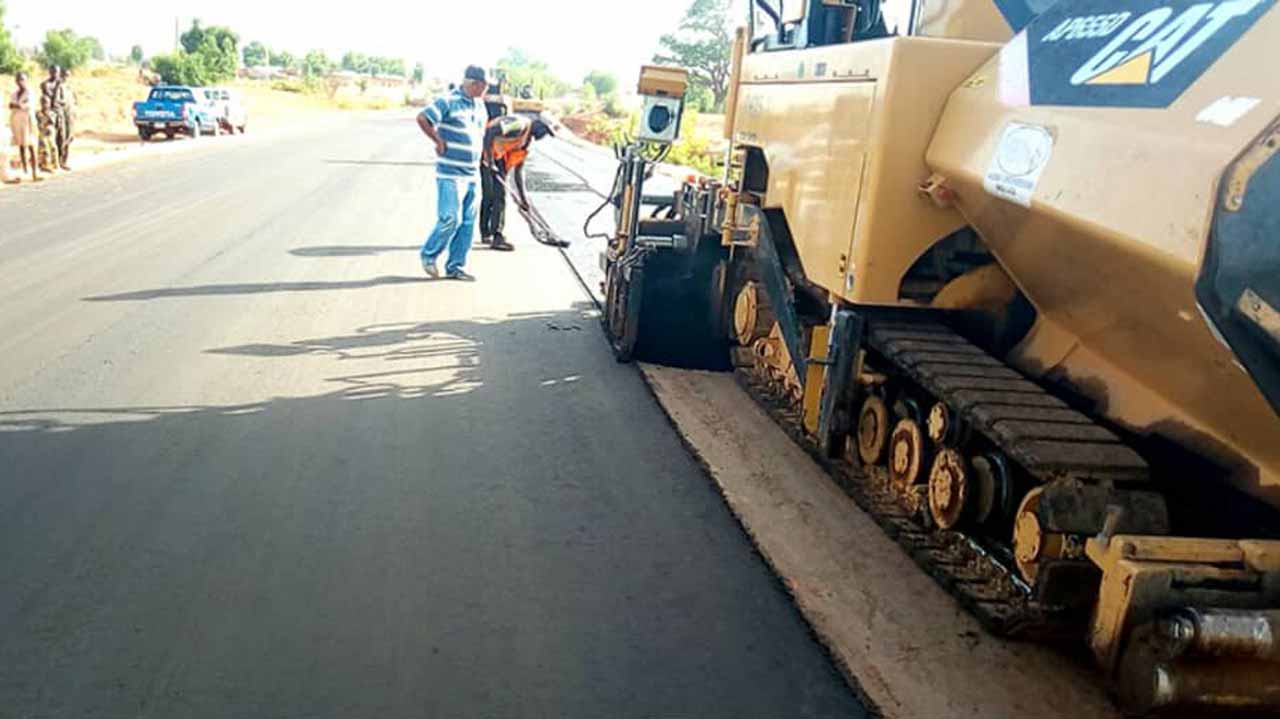News about Nigeria sliding into another recession after its gross domestic product (GDP) contracted to 3.6 per cent for the second consecutive quarter has sent shock waves to the managers of the economy. This is the second in spate of the worsening economic downturns that manifested in 2016. How do we get out of the loop? What should we do to leverage the economy?
Whereas the recession in 2016, the first in a generation according to analysts, was blamed on economic mismanagement by the previous Goodluck Jonathan administration, the present recession under President Muhammadu Buhari has been blamed on the global COVID-19 pandemic. But none of these is entirely responsible for the recession. The state of the economy and its underpinnings are responsible for the economic challenges.
The Nigerian economy is plagued by mass unemployment, low productivity with little or nothing to export to earn foreign exchange, endemic corruption, cronyism and mediocrity. The ravaging Boko Haram war, banditry and insecurity are not left out. The poor and decrepit infrastructure that should normally boost the economy where it is efficient is a constraint. These factors place Nigeria at disadvantaged position contributed to the recession.
Rather than dwell in seeking where to put the blame, what should we do to tackle the recession ought to be the overriding concern. The way out is to implement well-thought out social and economic policies and programmes that have the capacity to leverage the people and the economy.
One way to tackle recession, according to pundits is to pump money into the economy. Increasing the spending power of government with effect on the people makes a huge difference. Once the economy is boosted through massive spending on economic activities, the situation is bound to change for good.
The Minister of Works and Housing, Babatunde Fashola, the other day disclosed that the Buhari administration has developed and is implementing an Economic Sustainability Plan that incorporates and challenges Ministries, Departments and Agencies (MDAs) to ramp up activities, despite the COVID-19, in order to provide work, increase opportunities and sustain productivity.
The Minister spoke at the 26th meeting of the National Council on Works with the theme, “Road Infrastructure Development, Job Creation and National Economic Growth” in Port Harcourt. The responsibility of providing critical infrastructures rests with Ministry of Works and Housing even in challenging times as this.
The provision of critical infrastructure serves as a veritable pathway to pump money into the economy. Whereas, in the circumstance, members of the public seem to be more interested in having the road built, for instance, government, on the other hand, sees a larger economic impact of the infrastructure and how it helps to legitimately distribute wealth to people at the grassroots level.
As it were, as a way of boosting the economy during the difficult lockdown period, the road construction sector was among the first to resume work followed by agriculture sector after the lockdown.
According to the Minister, eleven of the biggest contractors of the Federal Government were allowed to resume road works in May 2020 in 26 states. This was followed by the resumption of maintenance works in 92 different locations across 24 states by FERMA. The aim was to create opportunities for ordinary Nigerians to earn income.
It was therefore not surprising that government decided to increase the scope for local content in terms of labour and materials in the construction industry. The increased use of cement, stone and concrete which are all locally sourced is aimed at boosting the local economy. The same goes with the local production of bitumen that the country has in large quantity.
The impact of these measures reflected in the fact that even though the third quarter GDP result was negative at -3.6 per cent, there is still growth in quarrying and other minerals production 41.81%, cement manufacturing 11.96%, and construction 2.64%. No doubt, the sustenance of construction activities is a sure pathway to economic recovery.
Right now, in an attempt to ensure more labour-intensive road construction, the Ministry had reportedly produced a design manual for rigid pavement in collaboration with all relevant stakeholders in the construction industry.
Implementing the policy of more labour-intensive road construction stimulates employment in addition to more use of locally available materials of stone, cement and concrete for improved economic productivity. Besides, roads and economic development essentially lead to capital appreciation of between 30 and 40 per cent that infrastructure adds to the value of land. This is in addition to the supply of food chain, lubricants, construction materials – laterite, cement, steel reinforcement, water, diesel for energy that go with road construction.




